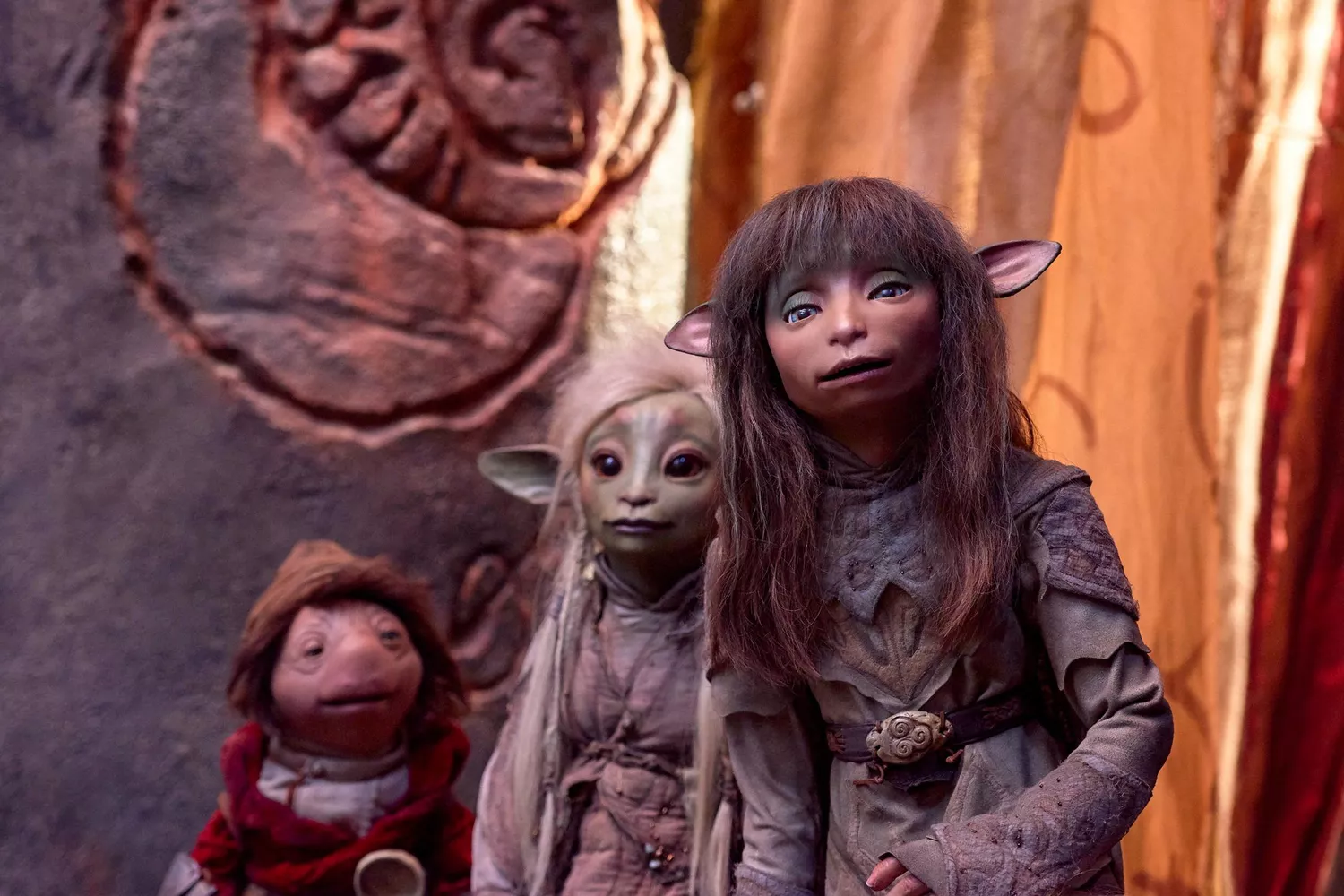Ironically, the business strategy Netflix created to attract new subscribers is actually turning them away. Netflix has been a big part of popular culture for a long time, but in the last few months, there has been a noticeable rise in interest. Unfortunately, it hasn’t been a positive change for the streaming service.
In recent years, Netflix has gained a reputation for cancelling its own shows. That might seem counterproductive, right? The truth is, Netflix has developed a habit of ending a show’s run before it has a chance to become successful.
According to DECIDER, 27 Netflix Original shows have been cancelled since July 2021, with 19 of them having only one season. The remaining 8 shows at least managed to complete a second season before being cancelled.
This issue became known to the public a while ago, but it has become a bigger topic again with new streaming services entering the competition, Netflix cracking down on password sharing, and the rise of Netflix “super-shows.”
These super-shows are high-budget projects that Netflix invests the most money and advertising into. For example, “Stranger Things 4” cost $30 million per episode, according to Wall Street Journal, and was split into two parts to promote each part separately.
The most recent example is “Wednesday,” starring Jenna Ortega. It was watched for 1.2 billion hours within 50 days of release, and CNET ranks “Wednesday” right below “Stranger Things 4” and “Squid Game,” as the third most-watched series on Netflix.
Netflix is now in a new era of hugely popular, incredibly profitable shows that make the rest of its content seem less important. The success of these major shows and the cancellation of less popular ones isn’t something new.
Cancellation of Shows isn’t something New
It’s easy to see the link between how many shows Netflix cancels and how many it releases each year. In 2018, Variety reported that 240 Netflix originals were released and 12 shows were cancelled.
By 2022, Ampere Analysis’ data shows that 398 were released, and 19 were cancelled, which means about 5% of shows were cancelled. The increase in cancelled shows from 2019 to 2020 (from 12 to 24) can largely be explained by the pandemic.
So, is Netflix just getting a bad reputation for cancelling shows? Some people say Netflix cancels shows with people of color and/or LGBTQ+ leads too often, while others argue that Netflix doesn’t promote some of their shows well.

Netflix says it cancels shows that have the lowest viewership. The challenge in confirming this is that Netflix is very secretive about the viewership numbers for its shows and keeps its ‘most-watched’ lists private. It wouldn’t be surprising if the favor Netflix gives to a show is based on how much money it makes, which depends on how many people watch it.
And here’s the issue. Netflix’s strategy is focused on making more money year after year. This has created a strange problem: Netflix is too successful.
After seeing huge growth in subscribers from about the first quarter of 2017 to the first quarter of 2020, according to Statista, Netflix has now reached a point where it’s stopped growing. As of the third quarter of 2022, Netflix had 223 million subscribers, but there just aren’t many more people to sign up – the market is full.
At this point, if you wanted Netflix, you would already have it, and if you don’t want it, you probably never will.
Somehow, Netflix co-CEO Ted Sarandos thinks ads will fix this problem, based on his interview with Deadline. In late 2022, Netflix launched “Netflix Basic,” a cheaper subscription that includes ads.
This was meant to attract people who don’t want to pay a little extra each month for an ad-free experience. Since Netflix’s profit mostly comes from subscription fees, the company is more focused on getting new subscribers than on creating TV series with full storylines or artistic value.
Netflix’s Model is Different
Netflix’s business model is different from traditional TV in that it values the number of subscribers over how many hours people watch (and how much they see ads). Netflix doesn’t care about how much you watch, as long as you pay every month, but this might be affected by the new ad-supported tier.
Former Co-CEO Reed Hastings, who resigned, said in an interview with Insider that releasing many shows creates a “cumulative effect” that “makes you finally sign up for Netflix.” Even in 2017, when he said this, signing up for Netflix was seen as joining late. But now, the end of this “party” may be coming soon.
Netflix’s recent attempt to crack down on password sharing has led to a lot of criticism from users, with many – including my own mother – saying they will cancel their subscriptions if Netflix goes through with the proposed policy.

This response came after rumors spread that Netflix would stop people from sharing passwords between users who don’t live in the same household.
If Netflix moves forward with this, as suggested in their January 2023 shareholders’ letter, university students will be especially affected, since many of us live away from home and don’t want to pay for a subscription that our parents already cover.
It’s clear Netflix is looking for new ways to make money because they’re not seeing growth in subscribers. You might wonder why Netflix needs to keep growing its profits. Isn’t it enough to have over 200 million subscribers paying every month?
Investors Are Not been Happy
The answer is no, which is why Netflix had the worst performance among S&P 500 stocks in 2022. The stock market doesn’t like stagnation, even if it’s stagnation at 200 million subscribers. Does cancelling shows get subscribers?
No, but after one or maybe two seasons to see how popular a show is and how much money it makes, if a show doesn’t meet Netflix’s standards, it’s cancelled so they can use the budget for the next big series.
So, is Netflix in trouble? To keep or even grow its subscribers, Netflix needs to focus on improving the quality of their original shows. Right now, Netflix’s way of handling quality seems to be releasing a huge number of shows each year and cancelling the ones that don’t meet their profit goals.

The problem with this approach is that releasing so many shows makes it hard for Netflix to promote each one properly, which leads to lower viewership, and it creates a feeling of apathy about Netflix’s releases. Oh, there’s a new Netflix Original? Just wait until next week, there will be ten more.
Instead, Netflix should focus on improving the quality of its shows by concentrating on quality, not quantity. Netflix is no longer the only streaming service with a variety of content.
More and more, the only way Netflix can stand out is by offering great original content, which right now is known for being cancelled very quickly.
As Disney+, Paramount+, HBO Max, and other services pull their content from Netflix, the company must realize that its original shows will be the main reason people keep subscribing, and it needs to act accordingly.


